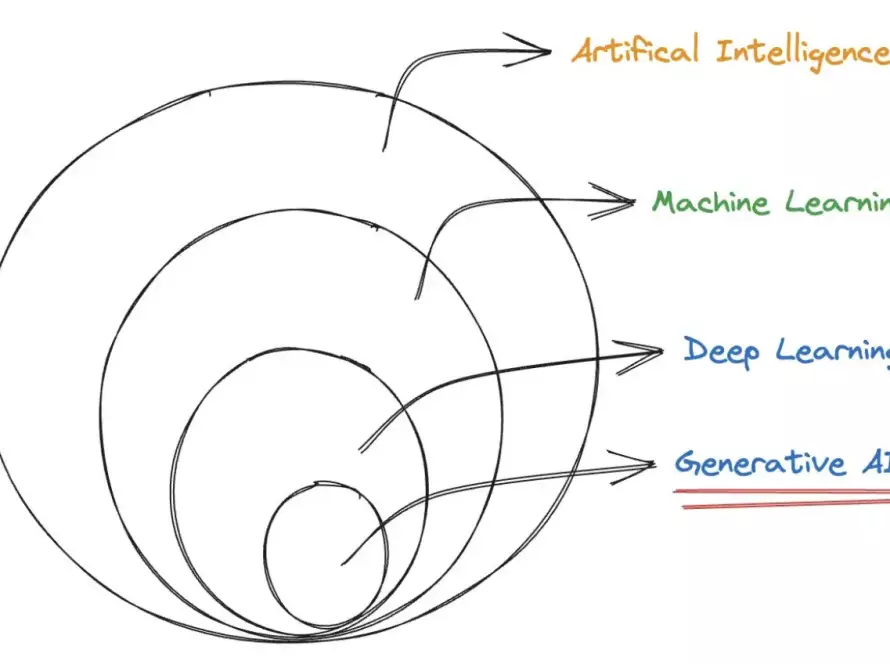The capacity to swiftly and effectively extract data from databases is valuable in today’s data-driven environment. Unfortunately, this work frequently necessitates a thorough understanding of query languages like SQL, which presents a major barrier to entry for many users and demands a huge investment of time and energy from both users and enterprises to become proficient in query languages. We have developed an innovative tool called MQL (My Query Language) that uses artificial intelligence to convert human language queries into SQL commands that can be executed. In this blog, we’ll explore the use cases, challenges, and future directions of this tool.
GitHub Repository: Find here
What is MQL?
MQL provides a user-friendly interface that allows users to enter queries in natural language. After that, the tool interprets these queries using AI and converts them into SQL, which is the common language for maintaining and interacting with relational databases. Through this approach, individuals with little to no programming experience may fully utilise their data without having to invest time in learning complex query languages. It also makes data retrieval simpler.
Human Language Query: Retrieve courses with the highest ratings.Code language: JavaScript (javascript)SQL Query from MQL: SELECT subject, AVG(rating) as average_rating FROM subject_rating GROUP BY subject ORDER BY average_rating DESC;Code language: JavaScript (javascript)Use Cases and Problem Statements
Empowering Non-Technical Users
One of the primary use cases of MQL is in enabling non-technical employees to directly query databases without reliance on IT departments or data analysts, allowing for a smoother workflow between different sectors.
Streamlining Data Analysis
MQL can also streamline the workflow of data scientists and analysts by allowing them to quickly prototype queries without being too mindful of the syntax of SQL. This can be particularly beneficial in fast-paced environments where time is crucial.
Enhancing Educational Tools
In educational settings, tool could serve as an invaluable learning aid, helping students grasp the concepts of data retrieval without the steep learning curve associated with traditional query languages.
Marketing
Marketers can utilise this tool to quickly gather insights from consumer data, campaign performances, or social media trends through natural language queries, With data being quickly retrieved analysis can get underway quickly, facilitating swift creation of marketing strategies and decisions.
Customer Support and Services
MQL can power customer support assistants to retrieve customer information and past transactions from a database using natural language queries, providing quick and personalised customer support.
Manufacturing & Inventory Management
In manufacturing, this tool can help managers generate queries to extract data about inventory and logistics using natural language to optimise stock levels, identify potential opportunities in the market, and improve overall supply chain efficiency.
Challenges
Despite its potential, the implementation of tool comes with its set of challenges. Understanding natural language is inherently complex, and the tool must be capable of interpreting a wide range of complex queries. Users must learn and tweak prompts into MQL to correctly achieve the best outcomes possible.
The Future of MQL
The next edition of tool is expected to significantly transform the field by not only translating human language queries into SQL but also directly connecting to databases to produce query results. This development promises to streamline operations even more, making data retrieval easier to manage.
Direct Database Connection
By establishing a direct connection to databases, future versions of MQL will eliminate the need for users to run SQL queries manually, providing instant access to data. This feature could significantly enhance the tool’s appeal to a broader audience as we can use databases directly without the user downloading the database schema to be uploaded.
Chatbot Integration:
MQL can enable virtual customer support assistants to process customers’ natural language queries to access customer data and provide quick responses. For example, if a customer wants to know the status of an order they can ask it & the system will generate an SQL & execute that.
Conclusion
Overall, MQL is not limited to these few use cases, and its advancement represents a significant step towards increasing data accessibility and actionability for a wider audience. MQL enables users to interact with databases in natural language, opening up new options for data-driven decision-making in a range of industries. We hope that as the technology grows, we will be able to make data management simpler for users.
Read from previous blog here
GitHub Repo here

